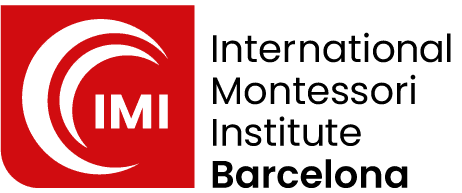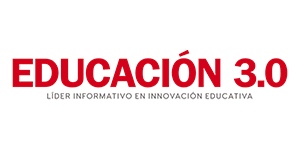CENTRO DE FORMACIÓN ESPECIALIZADO EN PEDAGOGÍA MONTESSORI
Cursos Montessori homologados
Somos un centro de formación especializado en Pedagogía Montessori con un objetivo claro: ofrecer una formación Montessori clásica y rigurosa basándonos en las fuentes originales de la Dra. Maria Montessori adaptada a las necesidades educativas actuales, reuniendo en un solo centro formativo lo mejor de la tradición italiana y la anglosajona.
CONSULTA NUESTRAS FORMACIONES 100% ONLINE
Másters Montessori
Ventajas de estudiar en IMI

Flexibilidad de horarios
Contenidos disponibles las 24 horas del día.

Webinars
Vídeoconferencias en directo con nuestras formadoras.

Tutores asignados
Acompañamiento y supervisión constantes.

Soporte Informático
Equipo informático para darte apoyo.

Facilidades de pago
Consulta las diferentes opciones de pago.
BLOG
Recibe en tu email las últimas noticias, promociones y artículos del blog








